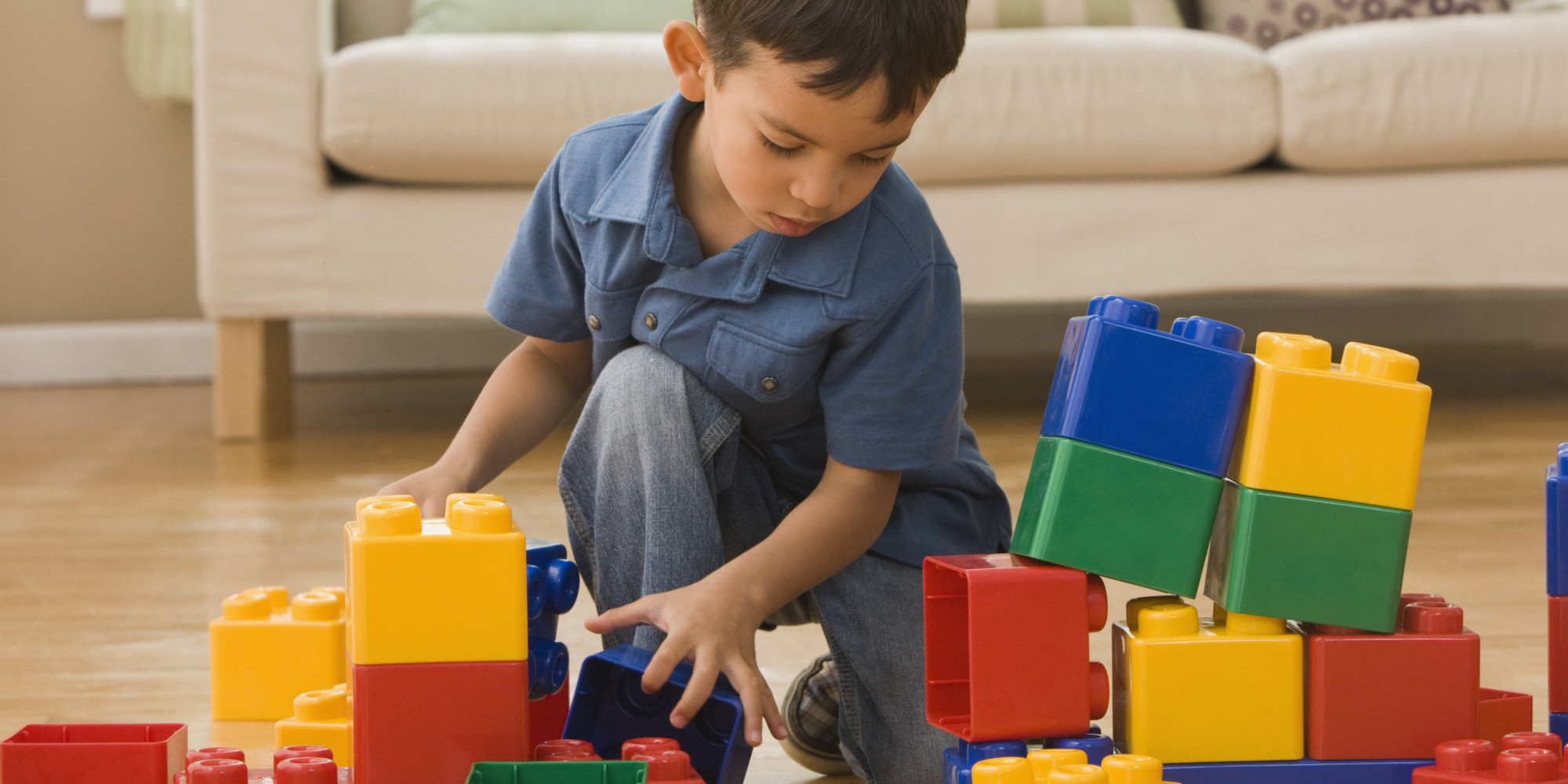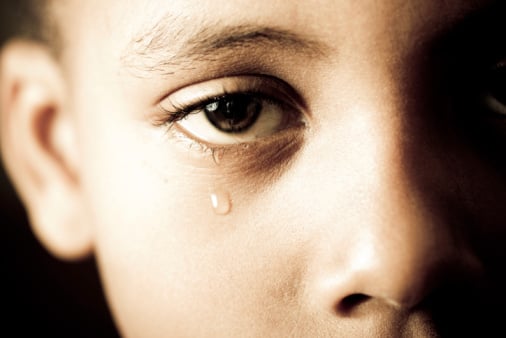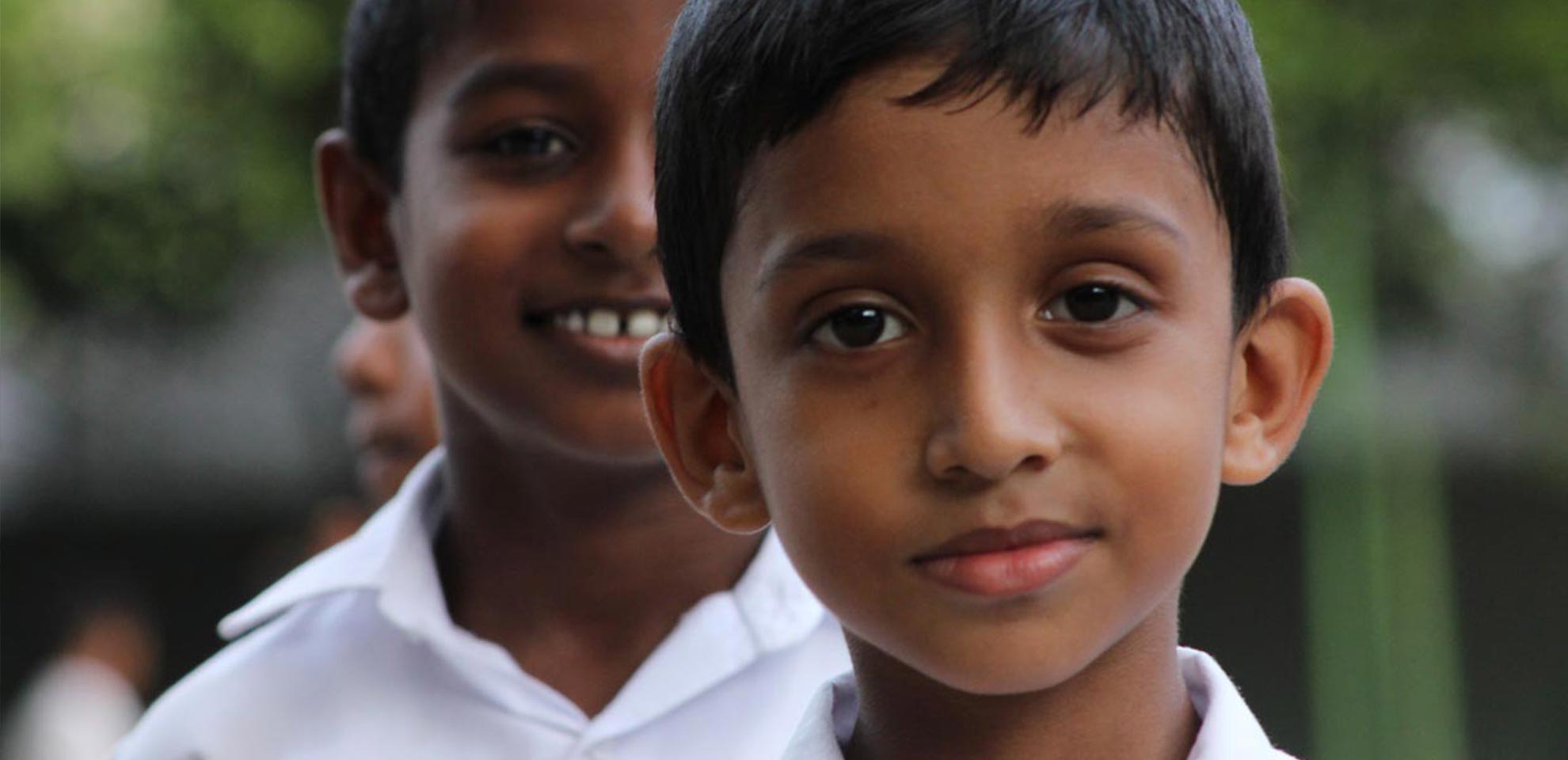
The period between the ages 0-5 is considered most critical to a child’s development. It is during this stage that neural connections shaped by experience and environment are made, that form the foundation of a child’s development and help a child learn, thrive and grow.
These neural connections impact the parts of the brain that control a child’s visual, auditory and language abilities and is instrumental in influencing a child’s ability to learn, perform tasks, adapt to change and face difficult circumstances with resilience as they grow older.
As the brain develops, neural connections are shaped and altered in response to positive and negative experiences. Positive experiences include good nutrition, sensory and motor stimulation, nurturing
interactions and protection provided by family members or caregivers.

In contrast, negative experiences include neglect, violence and exposure to pollution and produce high levels of cortisol – a hormone that produces toxic stress that limits neural connectivity in developing brains and can significantly hamper early childhood development.
Children who do not receive the nutrition they need are at risk of stunted cognitive and physical development; yet, at least 155 million children around the world suffer from stunting and millions more are at risk from poor nutrition.
According to data collated in 2015, about 246 million children lived in conflict zones, and were exposed to violence and neglect – about 75 million of them, younger than the age 5 – severely affecting healthy brain development.

Research also shows that breathing in particulate pollution can break down critical barriers in a child’s developing brain, leading to the loss and damage of neural tissue; yet around the world, around 300 million children live in areas where the air is toxic, exceeding international limits by at least six times.
In Sri Lanka, an estimated 17% of children under 5 are at risk of poor development due to stunted growth, resulting from poor nutrition. Further, 15.1% of children under 5 are suffering from ‘wasting’ – which if untreated can lead to chronic malnutrition.
Damningly, Sri Lanka invests only 0.0001 per cent of its gross domestic product (GDP) on early childhood programmes – one of the lowest ratios of public spending on early childhood development in the world; lower than its South Asian neighbors but lower even than many very poor Sub-Saharan African countries.

This has led the United Nations Children’s Fund (UNICEF) to become involved, encouraging parents to implement three simple steps to enhance early childhood development and make an impact in a child’s life; ‘eat, play, and love’.
A child’s brain development depends on three factors: good nutrition, stimulation and protection or ‘eat, play, love’. By providing nutritious food, interacting and playing simple games, and providing love and care, parents can make a huge and positive difference in their child’s development.
To do this UNICEF has launched three ‘parent masterclasses’ where musician Jananath Warakagoda, former national rugby captain Fazil Marija, and broadcaster K. C. Pragash show how – through simple actions – every parent can aid in the development of their children’s brains.
The organization understands that development doesn’t only take place at home. Given that only 48.7 percent of 3 -5 year olds in Sri Lanka are enrolled in a preschools, UNICEF draws attention to the fact that giving children before the age of 5 access to quality learning opportunities, where trained teachers help children learn through play, fostering cognitive and language development and social and emotional competencies, is also vital to their development.
UNICEF is therefore asking the Sri Lankan public to call on the government to ensure that all children under five benefit from at least one year of quality pre-school, by signing a newly launched petition.

It is imperative that, for the future development and prosperity of Sri Lanka, all children are given the chance to reach their full cognitive capacity. This must start in the first 5 years of life through, good nutrition, early mental stimulation and protection, as well as ensuring that all children – including the most vulnerable – benefit from quality pre school learning opportunities.
To find out more, and sign UNICEF’s petition, visit: www.unicef.lk/eatplaylove
Cover Image Courtesy – theatlantic.com








